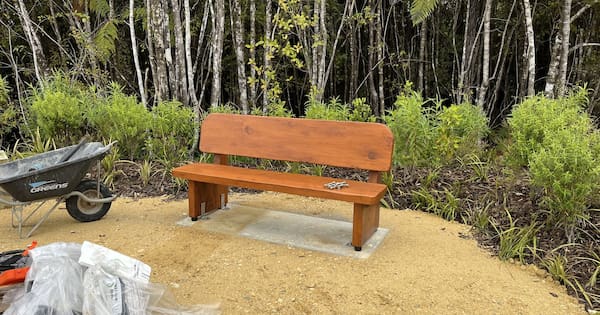
The Government’s trial of clamping and seizing cars vehicles from people with overdue court fines will be made permanent and quadrupled in scope after it recovered more than $225,000 and impounded 115 vehicles in three months.
Justice Minister Paul Goldsmith, who launched the initiative in July, confirmed the expansion, saying the number of handheld licence plate scanners used by bailiffs will increase from 10 to at least 39.
“We promised to find new and effective ways to force people to pay their court fines. The threat of clamping and vehicle seizures has proved a great success. Victims are our priority and we’re ensuring they receive what they’re owed.”
Bailiffs scanned 67,536 number plates and identified 982 people with overdue court fines or reparations between July 9 and October 6.
“Of these people, 278 people paid on the spot, 127 established a payment arrangement, 115 had their cars seized, and 45 had their cars clamped,” Goldsmith said.
“Sixteen of the cars have already been sold off at auction, with another 52 soon to go under the hammer. Thirty-one people paid to avoid their car being sold.”
Bailiffs used handheld devices to instantly check parked cars against a database of unpaid fines. Goldsmith said bailiffs would continue to use discretion in special circumstances.
Chief victims adviser Ruth Money said anything to help victims of crime was progress.
“Every dollar makes a big difference to those victims who at times wait years for their reparations to be paid, and it also retraumatises you because you get a monthly reminder that you’re being drip-fed this tiny amount of money.”
However, she believes a different approach would better serve victims.
“There are examples where reparation is paid by the state to the victim, and then the state chases it from the offender,” she said, adding that countries like Germany and Spain already use that model.
“Clearly in the fiscal environment that we’re in right now, I haven’t quite got the Government to agree to that yet, but that would be ideal.”
Labour’s justice spokesperson Duncan Webb expressed concern about the impact on low-income individuals.
“A lot of the people who owe fines are already on Struggle Street and taking away their car, which is what happens in these instances. They might not be able to get to work, to job interviews, or pick up their kids.”








